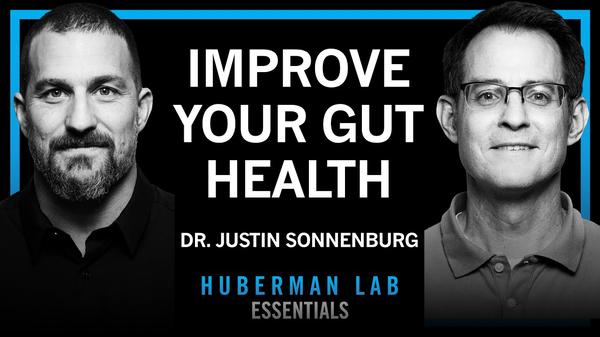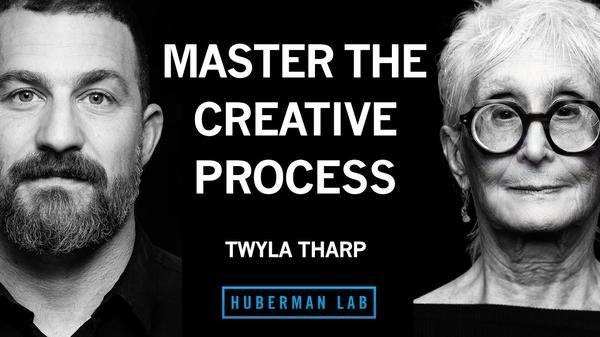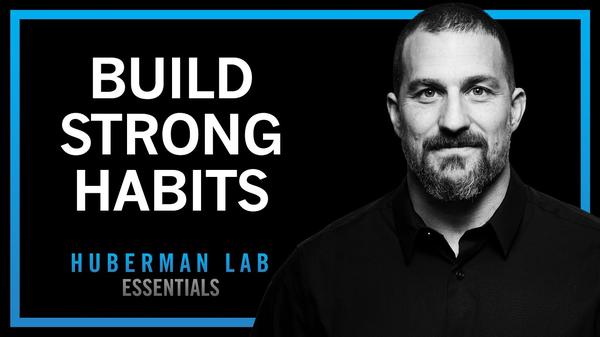
Optimal Protocols for Studying & Learning
Andrew Huberman
Aug 26, 2024
Mindsip insights from this episode:
Prioritize first night sleep for effective memory consolidation
The most critical period for consolidating new information into memory is the first night of sleep immediately following the learning session.
Rethink study methods based on scientific evidence
Most of what we intuitively believe about the best ways to study, such as preferred learning styles, are absolutely false according to scientific data.
Study to counteract forgetting process
Instead of studying to learn and retain information, you should think about studying to offset the natural process of forgetting.
Enhance motor skills by removing neural connections
The improvement in motor coordination from infancy to adulthood is largely a reflection of the removal, not the formation, of neural connections.
Utilize testing to enhance memory retention
Testing yourself is not just for evaluation, it is the best tool for offsetting forgetting and locking material into your neural circuits.
Recognize focus strain as a cue for nervous system growth
The strain and agitation you feel when forcing yourself to focus is a positive signal that cues your nervous system that it needs to change and learn.
Study alone and teach peers for top performance
The highest-performing students tend to study alone to eliminate distractions, and then make an effort to teach the material to their peers.
Rethink rereading; prioritize self-testing for better learning outcomes
Students who reread material multiple times feel more confident they've learned it, but actually perform far worse on tests than students who self-test.
Utilize self-testing to reduce forgetting by half
Taking just one self-directed test immediately after learning new material can cut the amount of forgetting that would normally occur in half.
Utilize short breaks to enhance information retention
Taking periodic pauses of 5-30 seconds during learning allows your hippocampus to internally repeat the new information at 20-30 times the normal speed.
More from
Andrew Huberman
You also might be interested in
AMA #76: Peter evaluates longevity drugs, aspirin for CVD, and strategies to improve muscle mass — proven, promising, fuzzy, noise, or nonsense?
Paper Mills, Peer Review Problems, P-Hacking & Everything Else BROKEN About Modern Science & Research Journals, With Emily Kaplan
Taurine.. Time to Throw it Away? Two New Studies
Dr. Boz: ‘The Great High Blood Pressure Scam’
This is the end.

















